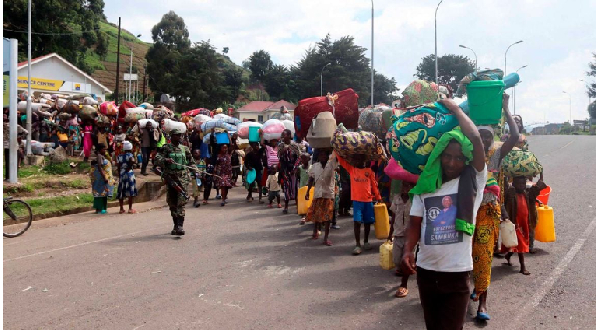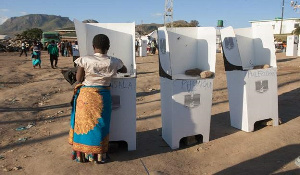Over 20 million people internally displaced in Horn of Africa – IOM

Some 20.1 million people were internally displaced in July in the Horn of Africa region, the United Nations migration agency said on Thursday.
The International Organization for Migration (IOM) said in a report released in Nairobi, the capital of Kenya, that the number is an increase from 19.2 million people in June.
The IOM attributed the total surge to a rise in internally displaced persons from Burundi, Ethiopia, and Sudan. Most of the displaced people were in Sudan (10.2 million), Somalia (3.5 million), Ethiopia (3.3 million) and South Sudan (2 million).
“There are 10.2 million newly forcibly displaced people in Sudan, including 7.9 million internally and 2.1 million in neighbouring countries since the beginning of the conflict in April 2023,” the IOM said.
Other causes of displacements, according to the UN agency, are floods caused by heavy rains and food insecurity, especially in Ethiopia, Kenya, and Somalia.
IOM also noted that the Greater Horn of Africa region had some 5.4 million refugees and asylum seekers. Uganda hosts the greatest number of refugees at 1.7 million, followed by Ethiopia at 1 million, and Kenya at 906,000.
About 67 million people were food insecure in the region in July, according to the Food and Agriculture Organization of the United Nations and the Intergovernmental Authority on Development, a regional bloc in Africa. Of the number, 39 million are in IGAD member states, including Djibouti, Kenya, Somalia, South Sudan, Tanzania, Sudan, and Uganda.
On August 2, international agencies issued an alert that the Horn of Africa would experience below-average rainfall during the October-December season that would transition to drought. This would mean a rise in the number of displaced persons due to food insecurity.
Source: theeastafrican.co.ke





